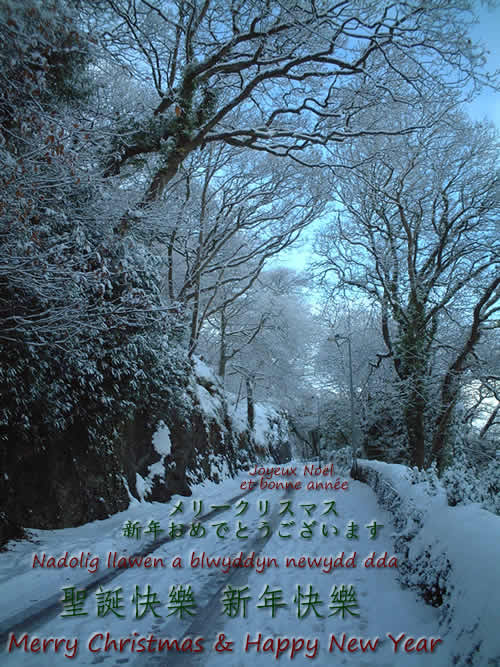My course in Gleann Cholm Cille finished yesterday and I’m on my why home. I’m staying in Dublin tonight and continuing my journey to Bangor tomorrow. The hostel I’m staying in tonight is full of people from all over the world – so far I’ve heard French, Spanish, Italian, Japanese and a Scandinavian language being spoken, and well as various varieties of English. I keep thinking that people are speaking Irish when I only half hear them as that’s the language I’m expecting to hear with my brain in Irish mode. So far though, I haven’t heard any Irish at all.
I had a wonderful time at Oideas Gael, met lots of interesting people, and spoke lots of Irish, as well as a few other languages. I’ll certainly be going back there next year. I just need a few days to recover from the late nights, especially from last night, when I was dancing, singing, playing music and talking to people until 3am.
On Thursday during a tea break one of the other students, an Irish woman, came over and starting talking Japanese to me, which was very unexpected. She worked in Japan for four years and speaks Japanese well, and when she heard that I speak Japanese she decided to speak it to me. As I was in Irish mode and the last thing I was expecting to hear was Japanese, it took me a few moments to realise what language she was speaking. Then when I tried to speak to her in Japanese I found that Irish words were coming to me first and I had to suppress them to let Japanese ones bubble to the surface.
I’m more used to switch between other languages, such as English, Welsh, French and Irish, but this was the first time I’d needed to switch between Irish and Japanese. I’m sure if I needed to do this regularly I would become better at it.
If someone speaks to you in a language you know, but are not expecting to hear, are you able to switch straight into that language?

